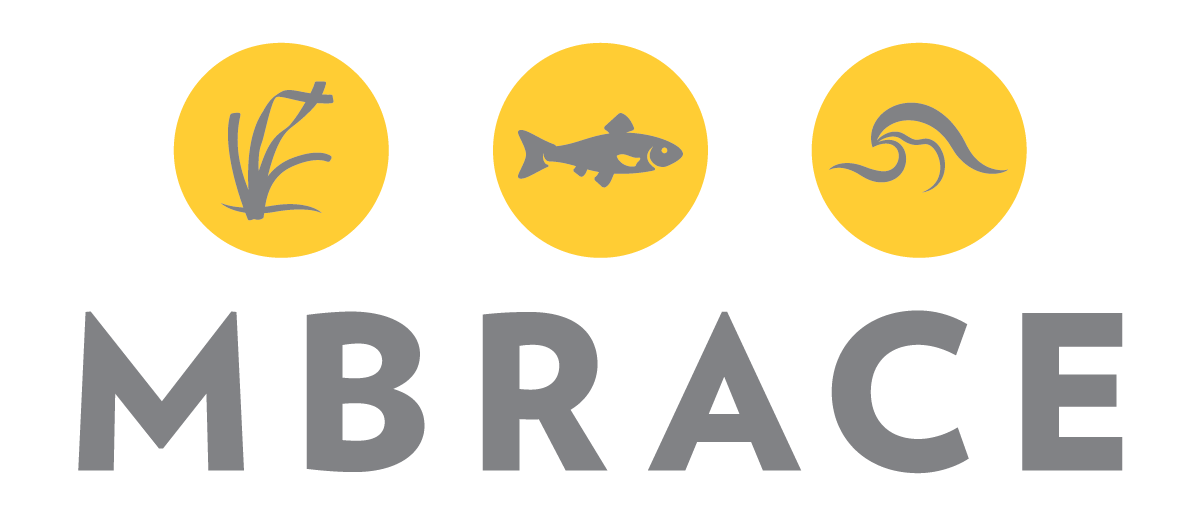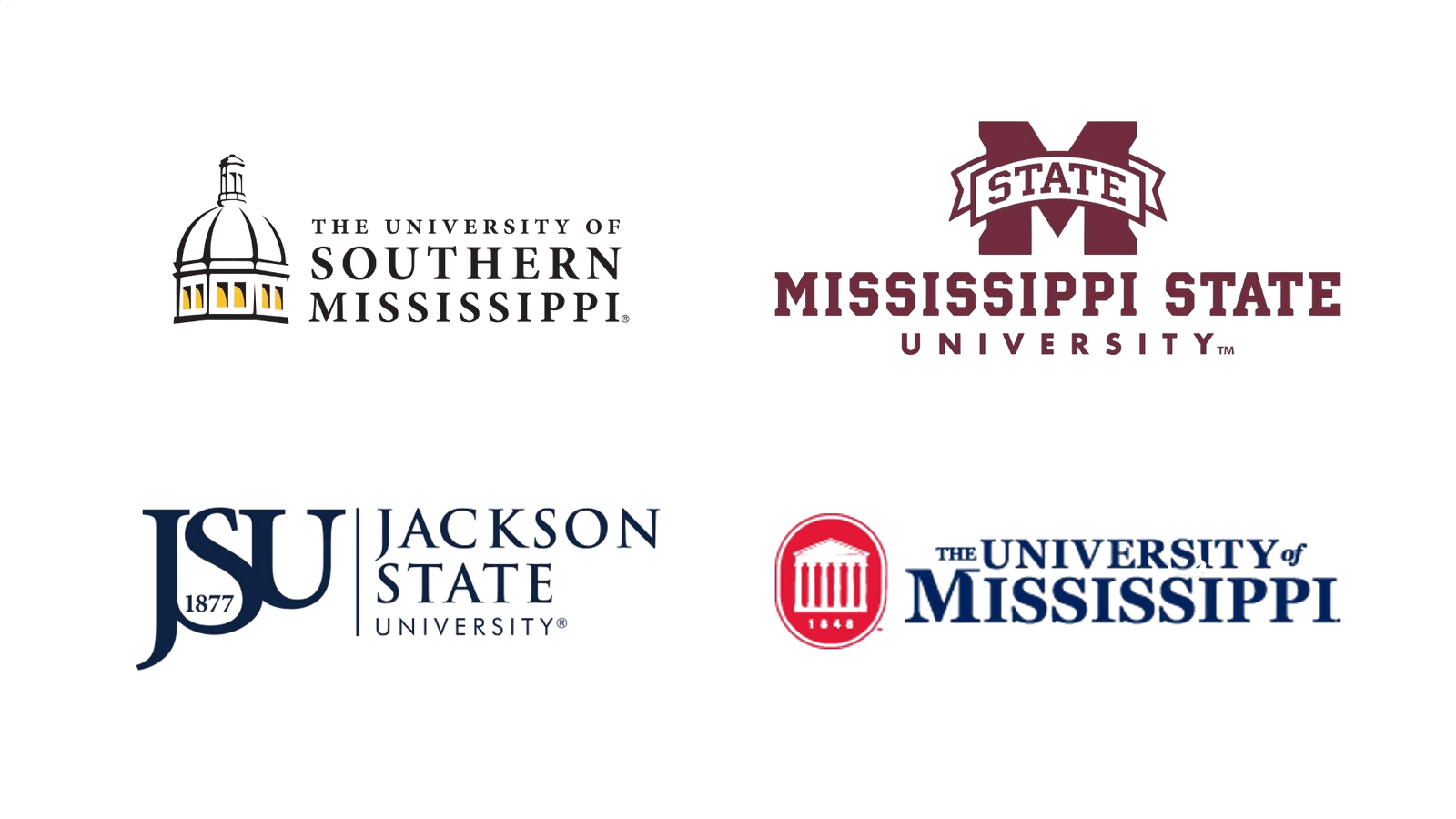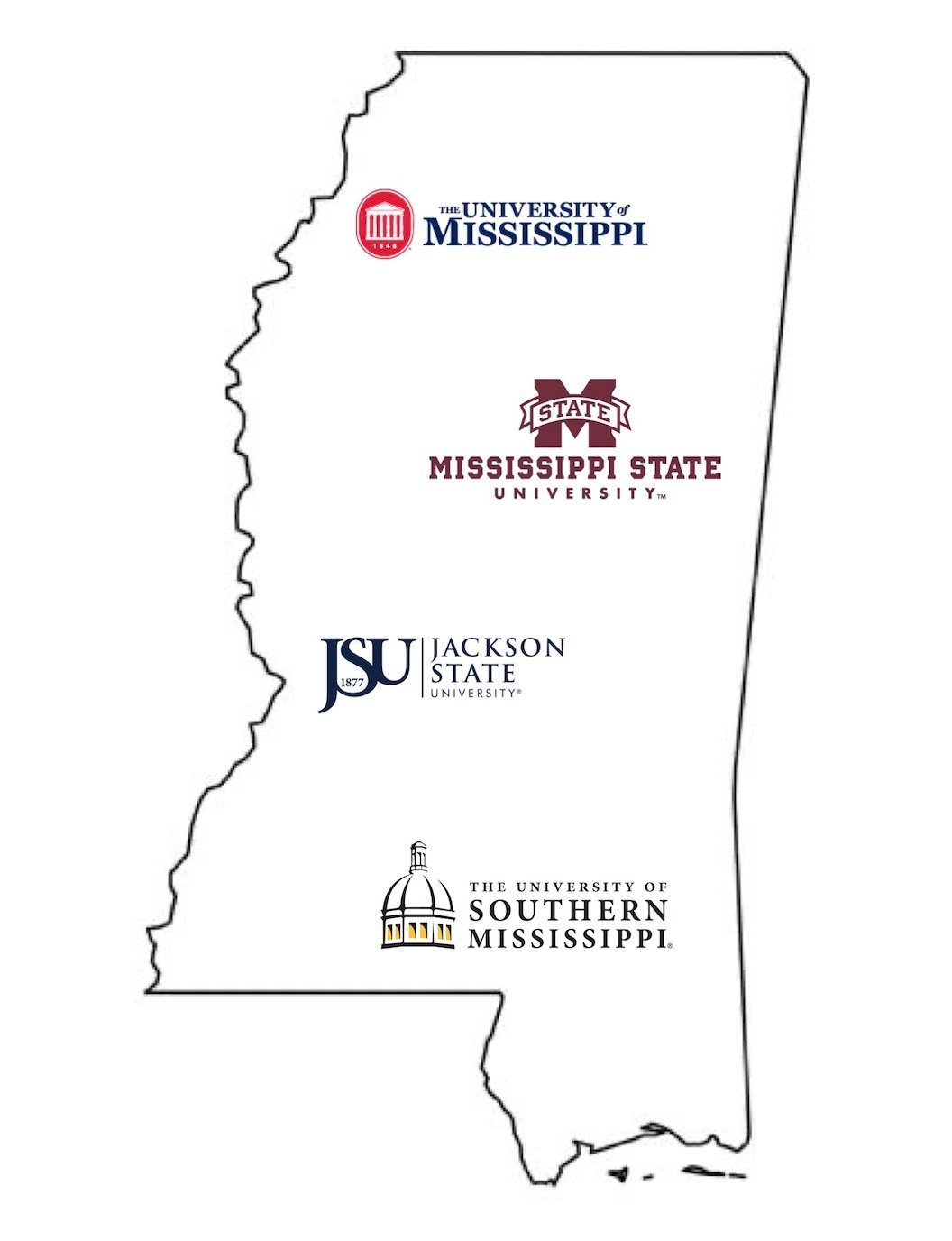
The Mississippi Based RESTORE Act Center of Excellence (MBRACE) is Mississippi's Center of Excellence under the RESTORE Act's Center of Excellence Research Grants Program. MBRACE is a consortium of Mississippi’s four research universities.
The mission of MBRACE is to seek sound comprehensive science-and technology-based understanding of the chronic and acute stressors, both anthropogenic and natural, on the dynamic and productive waters and ecosystems of the northern Gulf of Mexico, and to facilitate sustainable use of the Gulf’s important resources.
RESTORE Act
In response to the Deepwater Horizon oil spill in 2010, the RESTORE (Resources and Ecosystem Sustainability, Tourist Opportunities, and Revived Economies of the Gulf Coast States) Act was established in 2012, providing the Gulf Coast states with funds to restore and protect their natural resources.
As a part of these funds, the Centers of Excellence were formed in each of the five Gulf Coast states to focus on science, technology, and monitoring within the Gulf of Mexico Region and address the disciplines in the Act. Through the RESTORE Act, MBRACE will receive approximately $26 million over 15 years.
Funding Programs
1. Core Research Program
The Core Research Program funds research that crosses discipline areas and includes all four MBRACE member universities (JSU, MSU, UM, USM).
2. Competitive Grants Program
The Competitive Grants Program allows investigators from the four main research universities in Mississippi to propose original research projects that address at least one of the five discipline areas.
All MBRACE Projects are also available on the Deepwater Horizon Project Tracker. Click on the link below to explore all projects funded by RESTORE Act funds. To see MBRACE projects filter by state (MS) and DWH Funding Program (RESTORE Act Funds Bucket 5).
Impact of MBRACE-Funded Projects
37
Graduate students supported
42
Undergraduates Supported
116
Conference Presentations
45
Datasets published to GRIIDC
17
Peer-Reviewed Publications
11
Dissertations/Theses Supported


